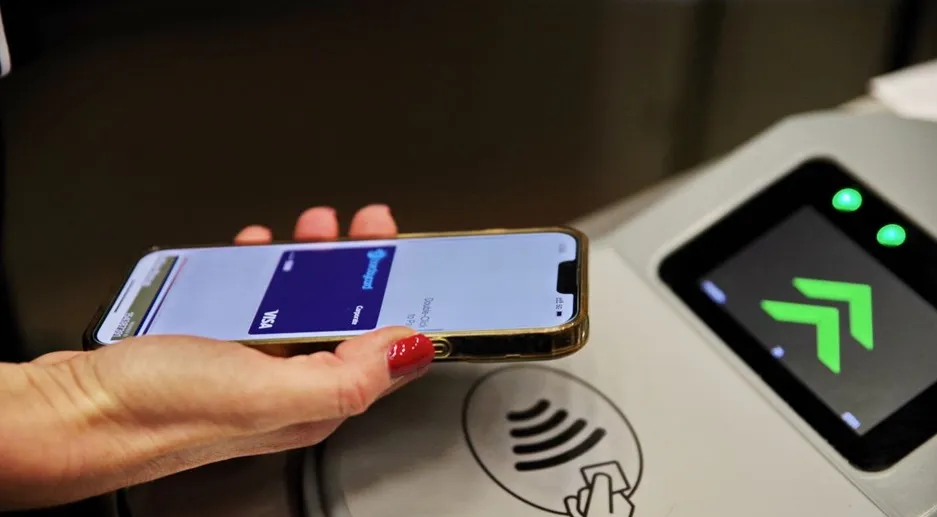Looking at new opportunities beyond chipcards, Infineon Technologies’ Stephan Hofschen focused on mobile device security, especially with moves to mobile ticketing. Device authentication will be increasingly important. Morpho’s Phillipe d’Andrea added that with cloud storage on the move industry has already secured payments – the next step will be securing smart phones and tablets as well as cards.
November 20, 2013
Read time: 2 mins

Looking at new opportunities beyond chipcards, Infineon Technologies’ Stephan Hofschen focused on mobile device security, especially with moves to mobile ticketing. Device authentication will be increasingly important. Morpho’s Phillipe d’Andrea added that with cloud storage on the move industry has already secured payments – the next step will be securing smart phones and tablets as well as cards.
Three times the number of devices will need to be secured, as well as the operations of payment service providers. This creates space for an identity service provider beyond current government schemes.
Although the use of multi-application cards might be seen as a threat to market growth, a growing market for contactless in fact creates more opportunities, said NXP Semiconductors’ Steve Owen, but the various partners in the value chain need to cooperate more closely.
A challenge will be to integrate all the major credit cards into the same phone and reduce the size of individuals’ purses or wallets. The technology exists but speed of implementation is an issue. A game-changer will be the move of everything onto the mobile device, said Giesecke & Devrient’s Axel Deininger, although Gemalto’s Olivier Piou countered that users will still want a variety of payment means.
The only way forward is to proliferate apps, however Hofschen suggested that the solution is to think about value, not pure volume.
Three times the number of devices will need to be secured, as well as the operations of payment service providers. This creates space for an identity service provider beyond current government schemes.
Although the use of multi-application cards might be seen as a threat to market growth, a growing market for contactless in fact creates more opportunities, said NXP Semiconductors’ Steve Owen, but the various partners in the value chain need to cooperate more closely.
A challenge will be to integrate all the major credit cards into the same phone and reduce the size of individuals’ purses or wallets. The technology exists but speed of implementation is an issue. A game-changer will be the move of everything onto the mobile device, said Giesecke & Devrient’s Axel Deininger, although Gemalto’s Olivier Piou countered that users will still want a variety of payment means.
The only way forward is to proliferate apps, however Hofschen suggested that the solution is to think about value, not pure volume.










